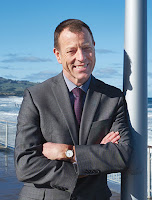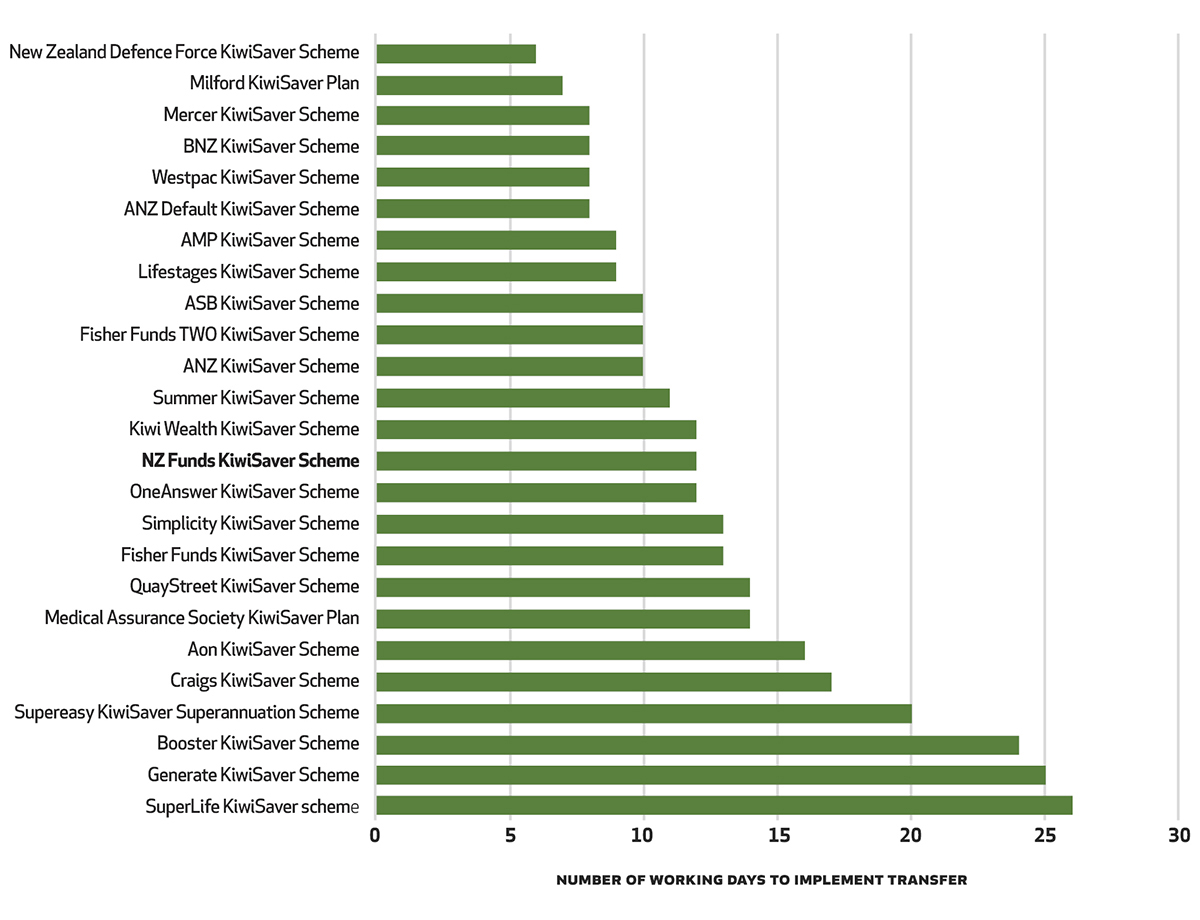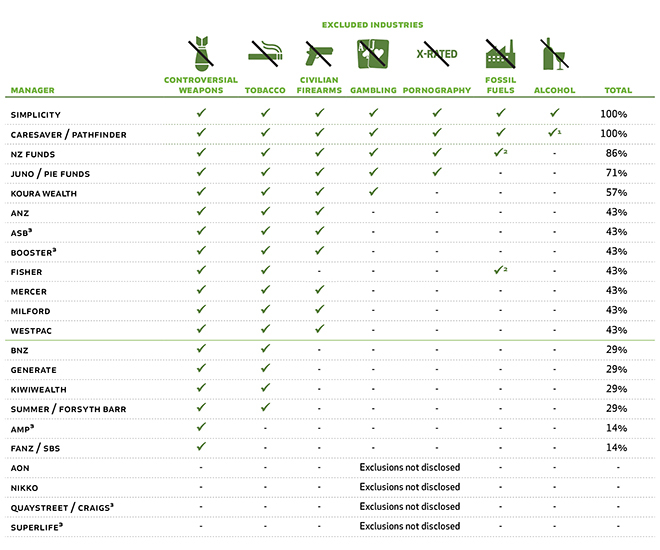Understanding risk in an investment context

As we approach the festive season and look forward to spending time in the company of family and friends, the events caused by the eruption of Whakaari (White Island) seem all the more tragic. For those people caught up in this event, what should have been an interesting and exciting end to 2019 has ended in suffering and grief. To me it is a salient reminder that in life we run risks all the time. Sometimes we take these risks knowingly and at other times we do this through ignorance. The reality is that when we don’t experience a negative consequence personally we can easily become complacent; we end up discounting the true risk that we are taking. I was recently talking with a client who works as a chemical engineer in petroleum exploration. He was explaining that in their industry there are some potential outcomes that are so horrendous, that merely reducing their probability is not enough. The goal has to be the practical elimination of those risks. As an adviser, I encou


